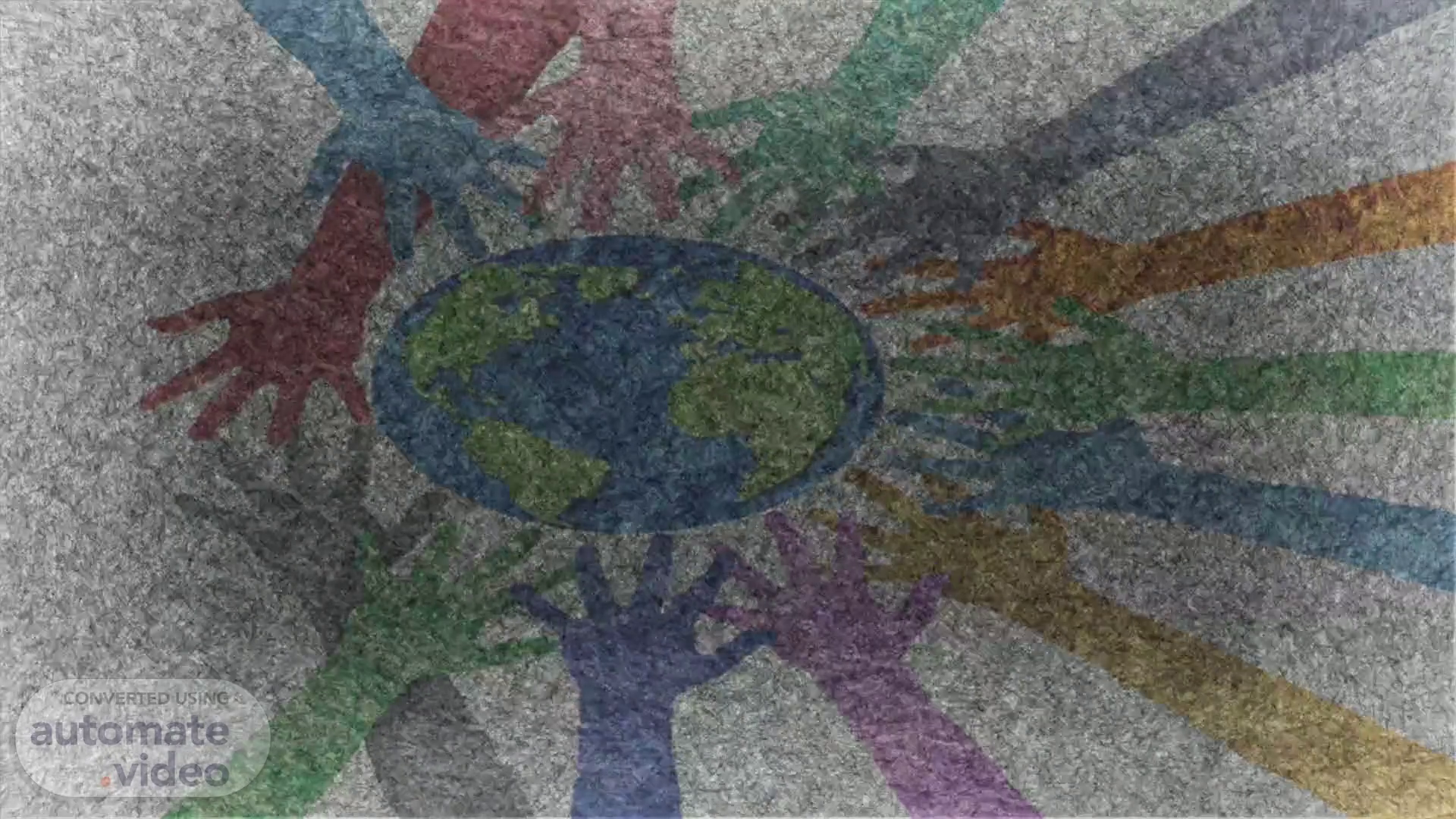
PowerPoint Presentation
Scene 1 (0s)
[Virtual Presenter] TRAFFICKING IN PERSON IN THE PHILIPPINES PHILIPPINES is an illegal act and is considered a violation of human rights..
Scene 2 (10s)
[Audio] It has three (3) inter-related and interdependent elements for a situation to be considered trafficking in persons:.
Scene 3 (23s)
[Audio] ACTS – It involves the recruitment, obtaining, hiring, providing, offering, transportation, transfer, maintaining, harboring, or receipt of persons with or without the victim's consent or knowledge, within or across national borders;.
Scene 4 (42s)
[Audio] MEANS – It is committed by use of threat, or use of force, or other forms or coercion, abduction, fraud, deception, abuse of power or of position, taking advantage of the vulnerability of the person, or the giving or receiving of payments or benefits to achieve the consent of a person having control over another person.
Scene 5 (1m 5s)
[Audio] Purpose –It is done for the purpose of exploitation or the prostitution of others or other forms of sexual exploitation, forced labor or services, slavery, involuntary servitude or the removal or sale of organs..
Scene 6 (1m 42s)
[Audio] As reported over the past five years, human traffickers exploit domestic and foreign victims in the Philippines, and traffickers exploit victims from the Philippines abroad. One study found that approximately 50,000 Filipino children are employed as domestic workers in the Philippines, including nearly 5,000 who are younger than the age of 15..
Scene 7 (2m 6s)
[Audio] Non-state armed groups operating in the Philippines, including the Communist Party of the Philippines' New People's Army, the Maute Group, the Abu Sayyaf Group, and the Bangsamoro Islamic Freedom Fighters, unlawfully recruit and use child soldiers – at times through force – for combat and noncombat roles. Each year, the government processes approximately 2.3 million employment contracts for Filipinos to work overseas in nearly 170 countries. Traffickers exploit a significant number of Filipino migrant workers in sex or labor trafficking in numerous industries, including industrial fishing, shipping, construction, manufacturing, education, home health care, and agriculture, as well as in domestic work, janitorial service, and other hospitality-related jobs, particularly in the Middle East, Europe, and Asia, but also in all other regions. Traffickers exploit Filipino nationals in forced labor in cyber scam operations located primarily in Burma, Cambodia, and Laos. Traffickers also exploit victims from Southeast Asia, in forced labor in cyber scam operations at POGOs..
Scene 8 (3m 24s)
[Audio] Programs and Activities of the Government (National and Local) to address the trafficking in persons in the Philippines. The creation of the IACAT-ADVOCOM is in line with one of the functions of the IACAT as stipulated in the Section 21 (e) of RA 9208 which is to coordinate the conduct of massive information dissemination and campaign on the existence of the law and the various issues and problems attendant to trafficking through the local government units, concerned agencies, and NGOs. responsible for the development and implementation of the IACAT's communication program, and the conduct of research and study on the patterns and schemes of trafficking in persons for policy formulation and program direction. It aims to Implement a comprehensive advocacy and communications strategies that will help in the elimination of human trafficking incidences and the promotion of government services to trafficking survivors;.
Scene 9 (4m 25s)
[Audio] It aims Implement a comprehensive advocacy and communications strategies that will help in the elimination of human trafficking incidences and the promotion of government services to trafficking survivors; Develop multimedia campaign and publication materials that will create awareness about human trafficking; Conduct trainings for specific audiences to foster participation on anti-trafficking advocacies; and 4. Implement activities that will promote advocacy on anti-trafficking and visibility of the IACAT and the ADVOCOM..
Scene 10 (5m 4s)
[Audio] Launched of 1343 Action line against Human Trafficking.
Scene 11 (5m 18s)
[Audio] 1343 Action line -It aims to Receive and respond to requests for assistance, inquiries and referrals from victims including their families and the public on matters related to cases of human trafficking regardless if the crime was committed locally or internationally;.
Scene 12 (5m 46s)
[Audio] technology-based legal counseling Another initiative of the ADVOCOM is the creation of a technology-based legal counseling for the public who have concerns on trafficking in persons, illegal recruitment and other related acts. Itanong mo kay Ato!, is a web application which aims to provide free online legal counseling. It is an effort to directly provide online legal opinion and a means to further reach out to Filipinos who cannot afford legal consultation and an avenue to further reinforce the fight against trafficking in persons..